Promise - Simeon Nenadov
I have spent so much time planning my life or thinking about what plans I should make. Thinking about where I want to go to school, what career I should get into, and what goals I want to reach in life have controlled my mind at times. Thinking about my future has often led me into worrying about not having a definite plan, and being anxious about the possibility of not being good enough to carry out God’s will for my life. My continual shortcomings and personal failures have added to my doubts and lack of comfort in my future. The good news is that God works in unexpected ways, and in broken people, through his unconditional promise.
At Legacy Bible Institute we are currently studying three different books of the Bible in our classes, along with a daily devotion in Psalms and Proverbs and three topical textbooks. It has been amazing to see how the first half of Genesis and just the first few chapters of Luke and Acts tie together to paint the picture of God’s sovereign and invincible plan, and I hope to give my readers a glimpse into some of these powerful connections.
We started in the very beginning, where God created a perfect world, and made man in his own image to have dominion over the whole earth. Adam and Eve fell into temptation, broke the only rule God had given them, and brought the curse of death upon all of their descendants, including us (Romans 5:12). Out of love for his creation, God accompanied the promised curse of death with a new promise of redemption, immediately after the fall of Adam and Eve (Genesis 3:15).
This promise was unconditional, there was no requirement of Adam and Eve. It is true for me as a child of God, and it has been fulfilled through the life, death, and resurrection of Jesus Christ, my Lord. By God’s unconditional redemptive promise my future is secure, and all my anxiety, worry, and doubt is silenced.
I take comfort in the ways we see God administering this promise to his people throughout the scripture we have studied so far. God chose the line of Seth and cursed the line of Cain (Genesis 4:8-12, 5:3), graciously chose to save Noah’s entire family (descendants of Seth) from the flood (Genesis 6:18, 7:1), and decided to make a covenant with Abraham to start a great nation (Genesis 15) and bring about a blessing to the whole earth from his seed (Genesis 12:3, 18:17-19, 22:18, Luke 2:32, and Acts 3:25), which has been fulfilled in the eternal and atoning sacrifice of Jesus (Luke 1:68-75).
In all these examples, I see that two things are made clear: it is only by God’s grace that saving faith is granted, and he is often pleased to use the family structure in choosing to give his grace to his children, and their children. Despite the drunkenness of Noah, the lies of Abraham, the doubt of Sarah, and the sins of many more who God had chosen to use for his purpose, he instilled a fear of the Lord in them, a saving faith by which they were counted righteous (Genesis 15:6). I am so thankful for the work the Lord has chosen to do in my heart, and how he has instrumentally used my family to lead me in his ways, and set an example to me of what it means to live by faith.
God wonderfully designed marriage (Genesis 2:24) and the family, in a way that we inherit many characteristics, attributes, and practices from our family both biologically and by example. These biological characteristics and attributes include things like size, shape, talent, and even personality. These things combine with the example our families set, such as their beliefs, habits, attitudes, and other practices. All of these things that run in our families are used by God to make us who we are, and bring us to be who he has called us to be (Proverbs 22:6). My grandmother has shared with me that through her family I mark the 8th generation of born again believers. God’s amazing love for those whom he calls to be faithful shines through his providence for their children. The Lord loves his children, and knows that his children desire for that same love to be extended to their children. In working through families, “generation to generation”, all the more glory can be given to God as his children, or “those who fear him”, praise him for the work he is doing within the hearts of their children (Luke 1:50).
I do not have to know exactly what my future holds, and I do not even need to know what tomorrow holds. My eternal future is promised by the Lord my God, and it is impossible for God to break a covenant he makes (Genesis 15:17). I praise him for the undeserved and unconditional promise to redeem his children that He has passed down from Adam and Eve, to Abraham, and by the work of his seed Jesus on the cross, to my ancestors, and to me. No joy could be added to my heart by any worldly gain or future. I know my identity, purpose, and my future.
Acts 2:39 says,
“For the promise is for you and for your children and for all who are far off, everyone whom the Lord our God calls to himself.”




